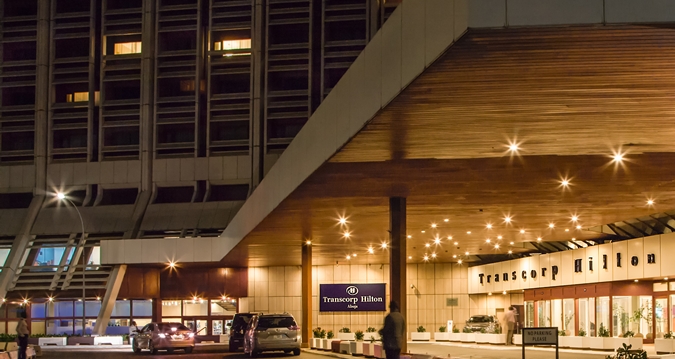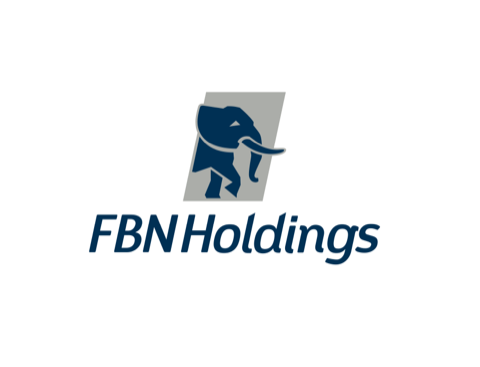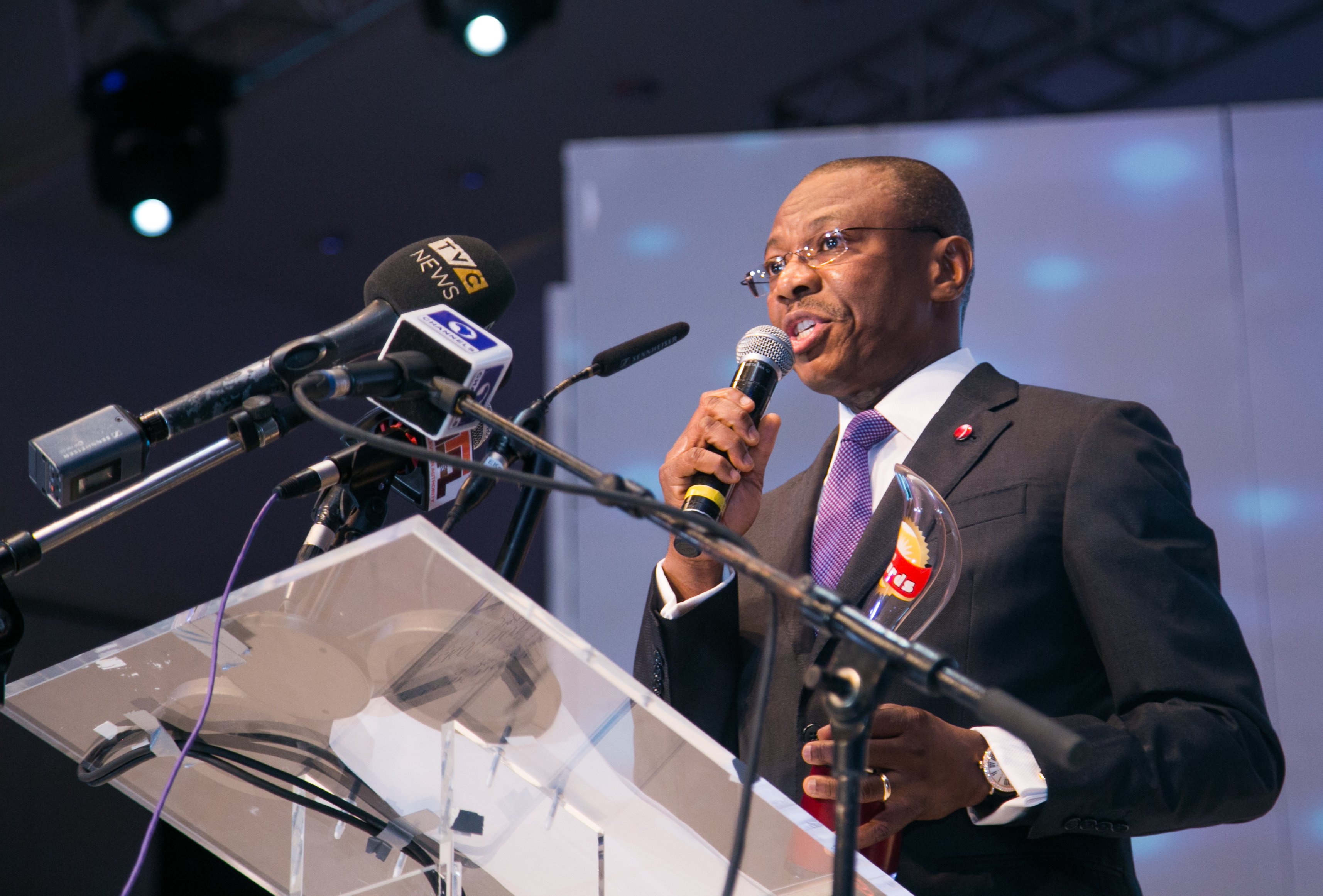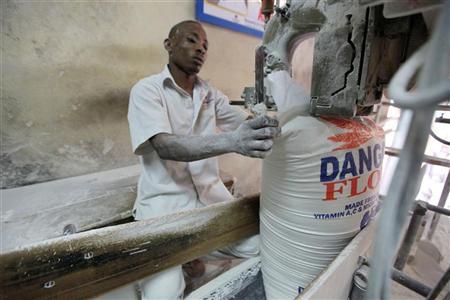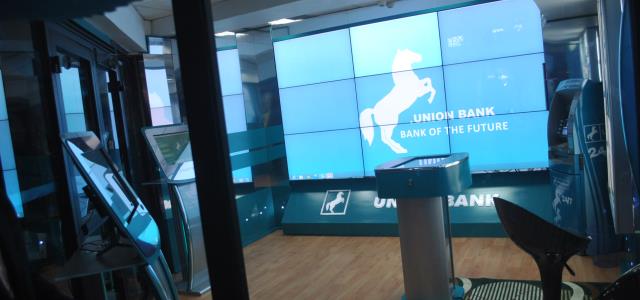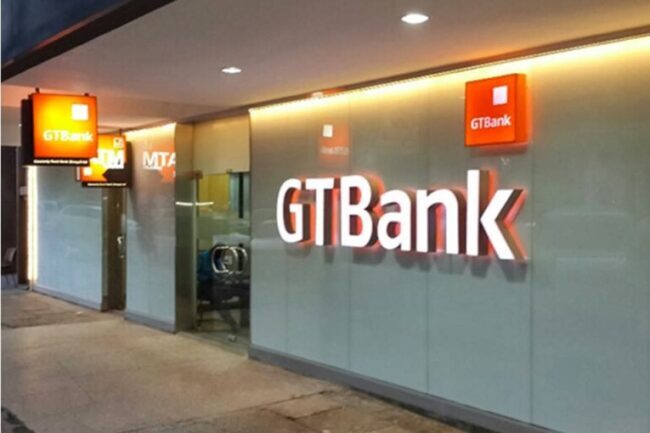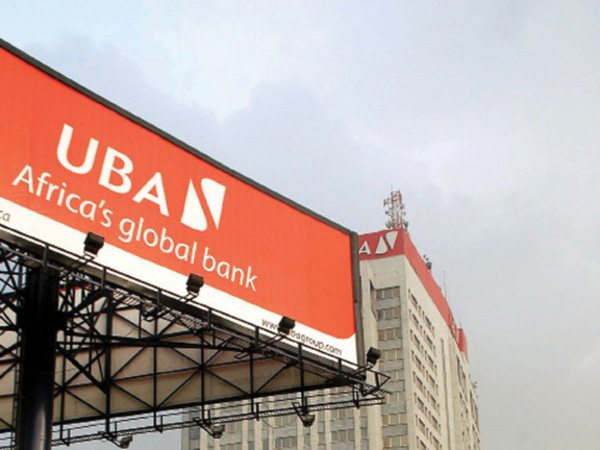Transcorp Hotels appears to be picking up momentum on the road to earnings recovery after it lost turnover for the second year in 2015 and a moderate improvement in profit failed to match the drop in the preceding year. However, that good impression is holding forth because management hasn’t let a critical cost line to touch the income statement. For the second year, the company is sweeping finance cost from the income statement to the balance sheet.
The hospitality company is gaining revenue and looks promising to push turnover back to the five-year peak it registered in 2013. That isn’t going to be strong enough to defend profit if it should let the hanging interest cost to drop. For now profit is also headed back to the 2013 level but that will be if finance expenses are also capitalized in the second half of the year. What the company will do with interest expenses arising from its nearly N20 billion borrowings in the second half of the year is the question mark on its profit outlook in 2016.
The company closed last year’s operations with turnover down to the region it was five years ago in 2011. Getting revenue to break out from the up and down swings seen in the past five years is the task on the hands of Mr. Valentine Ozigbo, managing director/CEO of Transcorp Hotels. Also, profit performance has followed even a wider swing than revenue and the company is nowhere close to the peak profit figure it reported in 2011. How and when to drop the swollen interest cost on the income statement without damaging profit capacity is a big mountain ahead of management.
Second quarter operations ended with a turnover of N7.61 billion for Transcorp Hotels, an increase of 5% year-on-year. The growth momentum is expected to increase as general economic activity increases in the second half of the year. The full year outlook indicates turnover in the region of N15.8 billion for Transcorp in 2016. That will be a new peak in the company’s revenue performance and a growth of 13% compared to a decline of 7.4% in 2015 – one of the strongest growths since 2011.
Advertisement
The company generates its revenue mainly from hotel accommodation, sales of food and beverages, entertainment and restaurant incomes, other related service fees and rental income. It also earns significant finance income from cash balances.
The company reported an after tax profit of N1.89 billion at the end of the second quarter, an improvement of 7.4% year-on-year, slightly ahead of the 5% growth in turnover. There is a slight gain in profit margin from 24.3% in the same period last year to 24.8% at the end of the second quarter.
Based on the second quarter growth rate and the expected step up in the second half, after tax profit is projected at N4.2 billion for Transcorp Hotels in 2016. That will be an accelerated growth of 20% compared to the increase of 8.6% last year. Over the past five years, the company’s profit has fallen two times and risen two times in a rise and fall pattern. The drops are heavier than the rises, leaving profit at one-half of the 2011 high at the end of 2015. Ending the high earnings volatility and beginning a new regime of stable growth should reduce the risk level of the company’s traded stock.
Advertisement
The company was able to show profit in the second quarter because its finance cost of about N2.2 billion during the period was not expensed. The cost was capitalized, adding to its already substantial balance sheet borrowings that stood at N19.55 billion at the end of June. The moderate improvement in profit in 2015 equally happened because the company capitalized finance cost of about N600 million.
At the growth rate at half year, over N2 billion interest cost is expected to build up again in the second half of the year. The company’s profit prospects depend on what it does with it – whether it shows up in the income statement or continues to build the debt profile in the balance sheet. The more it is swept into the balance sheet, the heavier will be the eventual drop on the income statement.
The company earned 25 kobo per share at the end of the second quarter with a full year outlook of 55 kobo. It earned 46 kobo in 2015 and paid a cash dividend of 40.85 kobo per share.
Advertisement
Add a comment

